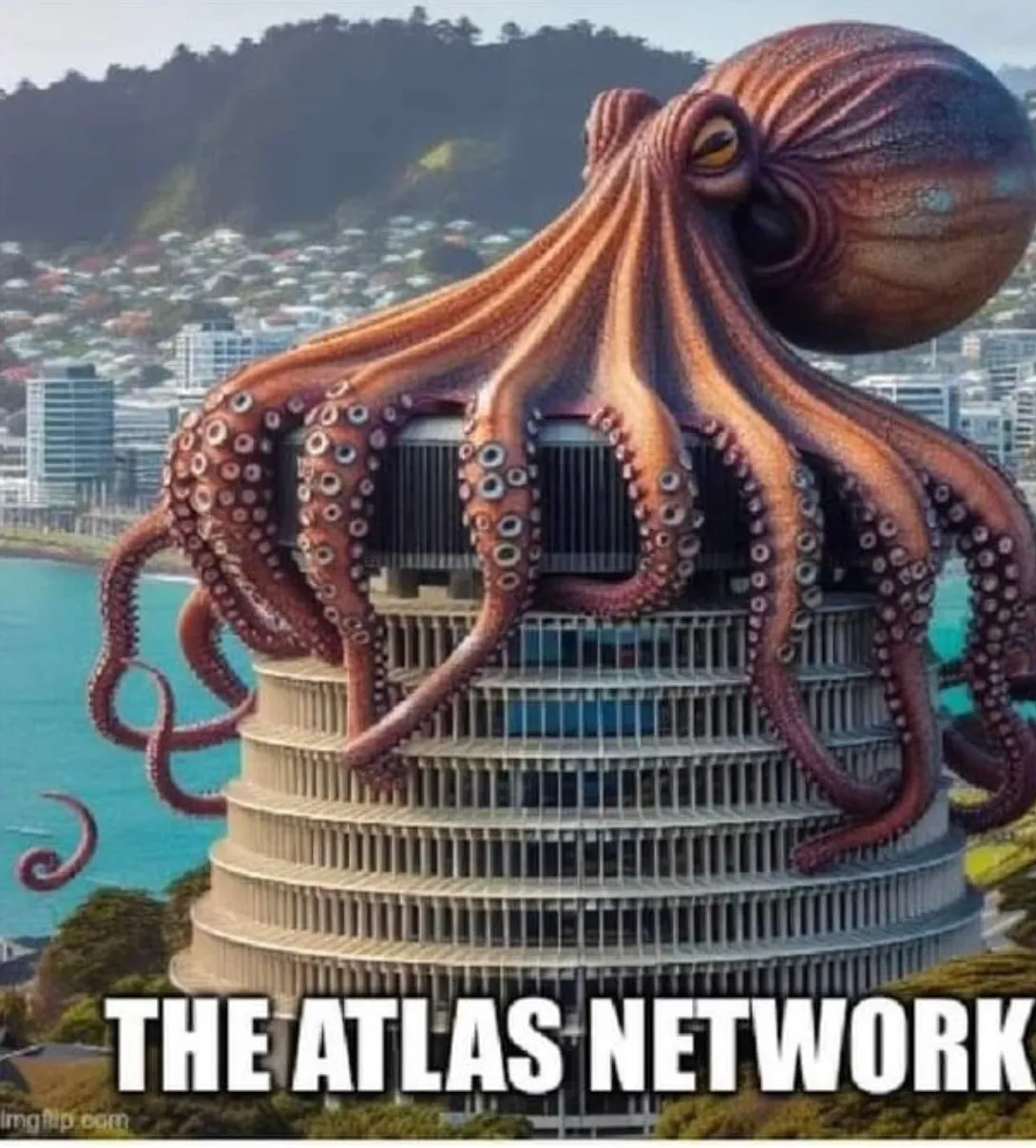WHEN ResPublica, a new think-tank, was officially launched in November last year, the guest of honour was David Cameron, then the leader of the opposition. Just six months later, the “big society” was a key theme in his election campaign, an idea that can be clearly tracked back to Phillip Blond, ResPublica’s founder.
ResPublica is just one of a series of think-tanks that enjoys links with the new Conservative/Liberal Democrat coalition government. Policy Exchange was founded in 2002 by a group including Michael Gove, now education secretary, and Francis Maude, the cabinet-office minister. One of the two founders of Reform was Nick Herbert, now the police minister. And Iain Duncan Smith, once head of the Tory Party and today secretary for work and pensions, set up the Centre for Social Justice.
But access to ministers is not the only reason the right-of-centre policy wonks are excited. They also have their first chance to have a big impact on policy after 13 years of Labour rule. And the fiscal crisis has created the impetus for radical change. “The mere fact that the country is in a mess suggests the need for the kind of ideas that think-tanks generate,” says Mark Littlewood of the Institute for Economic Affairs (IEA). The most ambitious think-tanks believe the crisis could lead to a fundamental rethink of the way government is run.
They differ, however, in their areas of specialisation and their reach. Andrew Haldenby at Reform says his group is concerned with the practical steps of making government work better, pointing to examples like Tony McGuirk, the Merseyside fire chief who sharply reduced fire deaths while cutting costs. The IEA’s Mr Littlewood, in contrast, says his outfit is “not attempting to move government policy by an inch in the short term but to move the climate a mile in the long term. We are deliberately and unambiguously going to push for things that we know have no realistic chance of being adopted.”
The prospect of renewed influence is especially welcome for the IEA, perceived to have lost its way under the Labour government. In the 1970s, at the time of another economic crisis, the IEA, along with the Centre for Policy Studies, provided the intellectual backbone during Margaret Thatcher’s early period as Tory leader.
This time round, it is not a matter of simply implementing a party programme generated in opposition, not least because the government has to deal with the competing philosophies of the Tories and the Lib Dems. But the combination of parties also means more policy areas are up for discussion. Eamonn Butler of the libertarian Adam Smith Institute says he has been pleasantly surprised by the government’s interest in civil liberties, which he attributes to Lib Dem influence.
The big-society theme, championed by Mr Blond, represents an attempt to break away from the idea that political action is a simple choice between big government and isolated individuals. Mr Blond believes both that power should be dispersed and that public services can be delivered by “free associations”, charities or volunteer groups. The idea has a wide range of applications, he thinks. Stock exchanges should be regional, as they once were, so that investors can buy shares in local companies which they know and understand. Reoffending by criminals could be reduced if non-governmental outfits were paid to meet a target, thus saving the state substantial amounts of money.
The best moment to influence ministers’ minds is when they are first in office, before they have been “captured” by their departments. So the think-tanks have indulged in a flurry of activity since the election in May. Reform has organised four conferences, on welfare, schools, public-sector productivity and the health system. The IEA was one driver behind a recent report on the cost of public-sector pensions.
Some of the work done when the Conservatives were in opposition is already paying off. The new government’s education reforms can be traced back to Michael Gove’s links with the think-tank sector, and the revival of fundholding by family doctors (a reform proposed by Andrew Lansley, the health secretary) was championed by Policy Exchange earlier this year.
Not that the think-tanks are happy with everything coming out of the government. Mr Haldenby talks of “intellectual incoherence” in proposals such as the graduate tax suggested by Vince Cable, the business secretary, and the simultaneous reduction in inflation protection for public-sector pensioners and improved indexation for the universal state pension.
The free-market groups are also disappointed with the approach to deficit-cutting. “The budget looked like salami-slicing, but that is not a sustainable way to cut spending,” says Mr Butler. Mr Littlewood thinks the government should have started with a blank sheet of paper, worked out what the state should do and eliminated unneeded programmes entirely.
But the policy wonks have no complaints about the effect of the new era on their own recruitment and funding. Bright young things are eager to get close to government, and a think-tank job looks good on a CV. Funding picked up too once a change in government began to look imminent. Mr Haldenby of Reform says the group raised £1m in 2009, as opposed to just £500,000 in 2008. Public services may be facing cutbacks, but the right-of-centre think-tanks are enjoying a boom.


